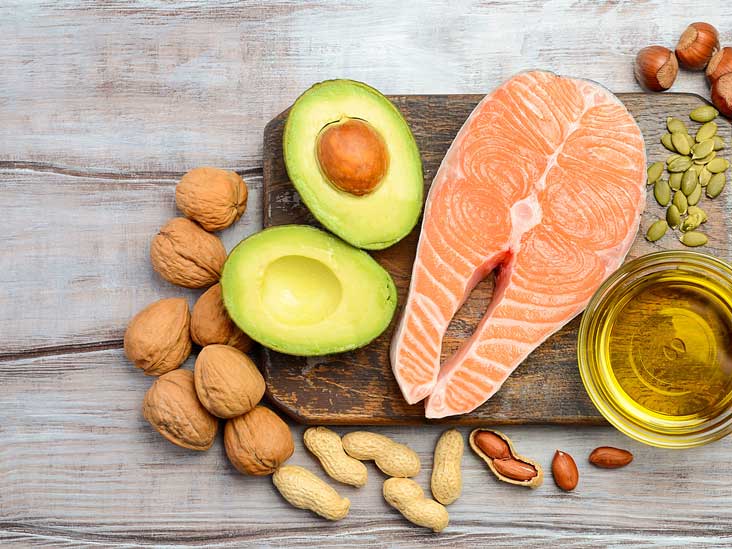You’ve probably heard about all the horrors of having high levels of cholesterol. But do you really know how cholesterol functions, what it’s made of, and why it’s essential? Read on to know more about cholesterol.
Facts About Cholesterol
What is cholesterol?
Cholesterol is a type of lipid, a fatty substance that is processed in all animal cells. Produced by the liver, it’s important in many metabolic processes in the body. While it’s produced inside the body, some foods such as meat and dairy also contain cholesterol. Consuming too much cholesterol, however, is something to be cautious about, as it raises the risk for heart diseases and stroke.
Why does the body need cholesterol?
Cholesterol plays a vital role in making the cell structure and cell membranes. But aside from this, some of the things it does in the body are the following1:
- A precursor for producing vitamin D and hormones like corticosteroids, estrogen, progesterone, and testosterone
- Protective covering of nerve cells (via the myelin sheaths)
- A transporter and signalling molecule
- A precursor to bile production
- Building block of human tissues
What are the different types of cholesterol?
In the body, there can be many different types of cholesterol. These are HDL (high-density lipoprotein), LDL (low-density lipoprotein), and VLDL (very low-density lipoprotein).
Both VLDL and LDL are considered bad cholesterol. While the body needs them to function, too much of bad cholesterol can increase your risk for heart diseases.
HDL, on the other hand, is considered good cholesterol. Here, you want your numbers to be higher, as this can lower your risk for heart diseases and stroke2.
What foods should you avoid?
To keep your cholesterol levels from increasing, avoid the following foods: cheese, egg yolk, beef, pork, poultry, and shrimp. Animal fats are some of the major sources of cholesterol, so lessening consumption is ideal. You should also avoid saturated fat and trans fat, which can be found in a lot of dairy products, milk chocolates, and many types of oils.
 Alternatively, plant-based food would be your best choice. They are very low in saturated fat, and may even reduce cholesterol levels. For instance, peanuts and flax seeds can minimize the risk of heart diseases by lowering cholesterol. Foods that contain unsaturated fat such as olive oil, avocado, fatty fish, and plain unsalted nuts can also prevent the risk of rising cholesterol levels in the body.
Alternatively, plant-based food would be your best choice. They are very low in saturated fat, and may even reduce cholesterol levels. For instance, peanuts and flax seeds can minimize the risk of heart diseases by lowering cholesterol. Foods that contain unsaturated fat such as olive oil, avocado, fatty fish, and plain unsalted nuts can also prevent the risk of rising cholesterol levels in the body.
What factors can increase your cholesterol levels?
Aside from eating foods rich in cholesterol and saturated fats, other risk factors can cause high cholesterol levels. These include3:
- Family history of high cholesterol and heart diseases
- Being overweight
- Lack of or insufficient physical activity
- Too much consumption of alcohol
- Smoking
- Other illnesses such as diabetes, kidney diseases, and liver disease
The bottom line
An essential component of cells and the human body in general, cholesterol can cause various heart diseases and stroke if consumed in alarming amounts. A healthy lifestyle and diet can prevent your risk of having high cholesterol. Furthermore, consulting your doctor and getting your cholesterol level checked regularly can help you prevent heart complications and diseases.
***This article is not intended to be a substitute for professional medical advise, diagnosis or treatment. Always seek the advise of your doctor or other qualified health provider with any questions you may have regarding a medical condition.
——————-
1https://www.news-medical.net/health/Cholesterol-Physiology.aspx
2https://medlineplus.gov/hdlthegoodcholesterol.html
3https://www.unlockfood.ca/en/Articles/Heart-Health/Facts-On-Cholesterol
